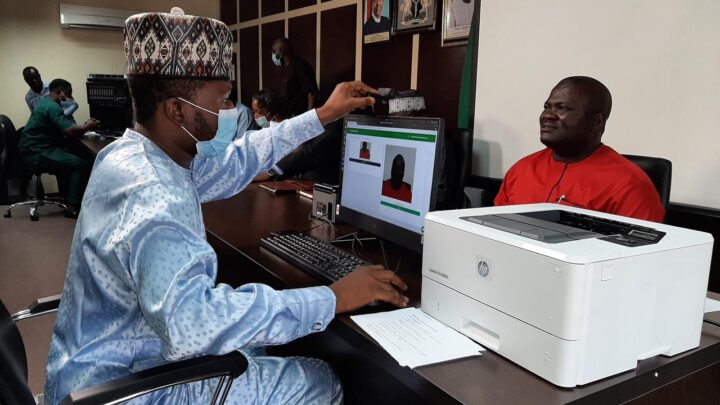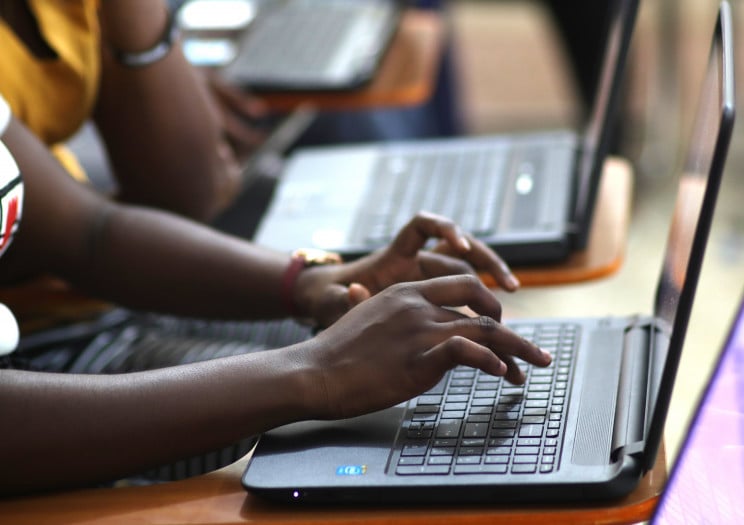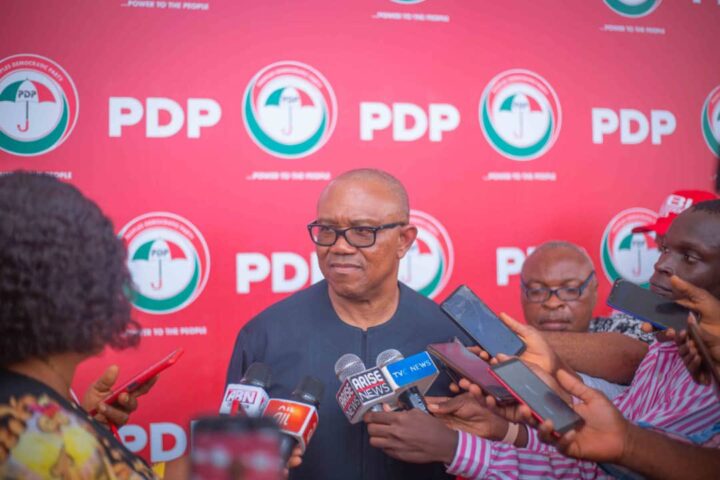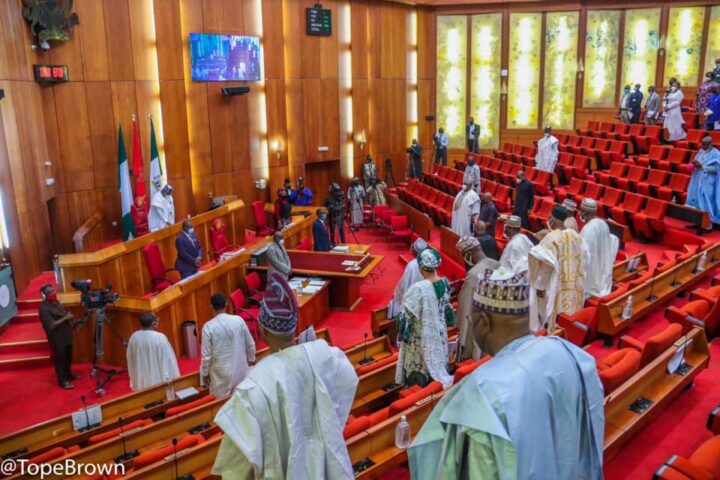BY OLASUPO ABIDEEN
A couple of months ago when the Independent National Electoral Commission (INEC) revealed that it has flagged over 1.3 million completed voter registration as invalid, this was met with contrasting reactions from various quarters. Recall that this issue of invalid registrations was first revealed before the Anambra governorship elections where over 63,000 out of the less than 150,000 new registrations were flagged as invalid. The latest in the spate of invalid votes discovered by the Independent National Electoral Commission is in Ekiti state with over 47 thousand voter registration flagged as invalid.
While some lauded the fact that the commission has indeed advanced its technology to detect multiple registrations and this could by extension prevent multiple voting, there were logical questions on how INEC’s technology could have been harnessed to detect these duplications at the point of registration. One may presume that INEC will strategically upgrade its civic technological solutions to track potential invalid registrations, review data and recommend instant solutions at the point of either pre-registration or physical capturing.
Indeed, a lot of Nigerians are running out of time and patience to join the voter register ahead of the 2023 general elections. Knowing that it is the only way to determine who leads at various levels of government, there seems to be an upsurge in demand and mobilization for the ongoing continuous voter registration (CVR). And there is immense fear that a pool of young men, women and people living with disability may be disenfranchised ahead of the 2023 elections despite their penchant to participate in the process.
Advertisement
One may argue that the continuous voter registration has been ongoing for at least 11 months and this is presumed enough time for citizens to get registered. However, community outreaches and market drive by civil society organisations like Yvote Naija revealed that the enthusiasm and gusto that met the commencement of the process in June last year gradually waned due to the series of challenges and ineffective communication of the process to Nigerians. A typical example is that many Nigerians believed they have to undergo the pre-registration online before proceeding to any Independent National Electoral Commission’s (INEC) local government office to complete registration. This belief was corroborated by observation from some INEC offices in the federal capital territory (FCT) where some ad-hoc staff demand online appointment schedules before attending to citizens. In other cases, eligible registrants were turned back and asked to go and start the pre-registration process online before completing the process physically.
This means there are a lot of technological opportunities to be harnessed by election stakeholders in a bid to expand voter access to the voter register ahead of the 2023 general elections.
One major challenge experienced during the CVR is the fact that INEC offices are located far in between where citizens have to dedicate their productive time to sometimes queue for the whole day and if they aren’t lucky, they return without registering. This has contributed to the reason behind over 18 million online pre-registration but less than 7 million completed registrations. Civil society organisations like YvoteNaija and other groups successfully activated centres to bring the process closer to the people and this effort paid off with the number of online pre-registration. However, these efforts were handicapped by the fact that citizens in most cases do not visit INEC offices (usually far away from them) to complete the process. This may have contributed to the less than 2.5 million new registrants so far which is still a country mile away from the commission’s target of 20 million new voters ahead of the 2023 general elections. The fact that there are at least 4.5 million Nigerians who turn 18 years old every year, means a large chunk of eligible voters are yet to join the voters’ register. These gaps, however, can be bridged by deploying the right technologies.
Advertisement
While some will argue that, Nigerians should be able to make all the sacrifices, election management bodies have an opportunity to decentralise their technologies down to wards and communities in a bid to bring the process closer to the people. A typical example is the Universal Tertiary Matriculation Exams (UTME) registration procedure where centres across the country were accredited to capture intending candidates. This basically prevented the flooding of the offices of the Joint Admission and Matriculation Board in various states across Nigeria. This kind of technological initiative can be adopted by INEC to enable citizens to register at centres closest to their locations rather than travelling miles to complete their registrations.
In these last 25 days of registration, CSOs across the country have intensified the drive to ensure more Nigerians get registered, collect their PVCs and vote in the 2023 general elections. Thus, this means INEC registration centres will be flooded with willing citizens and this demand a high sense of responsiveness from the commission to ensure Nigerians get registered. While there are complaints about apathy, the major stakeholders responsible for ensuring citizens’ participation should buckle up and step up to this crucial responsibility.
Abideen is a good governance, youth investment and public policy enthusiast. He serves as the Kwara state coordinator of the NotTooYoungToRun movement and executive director, Brain Builders Youth Development Initiative. He can be reached via [email protected] and tweets @opegoogle
Advertisement
Views expressed by contributors are strictly personal and not of TheCable.
Add a comment






